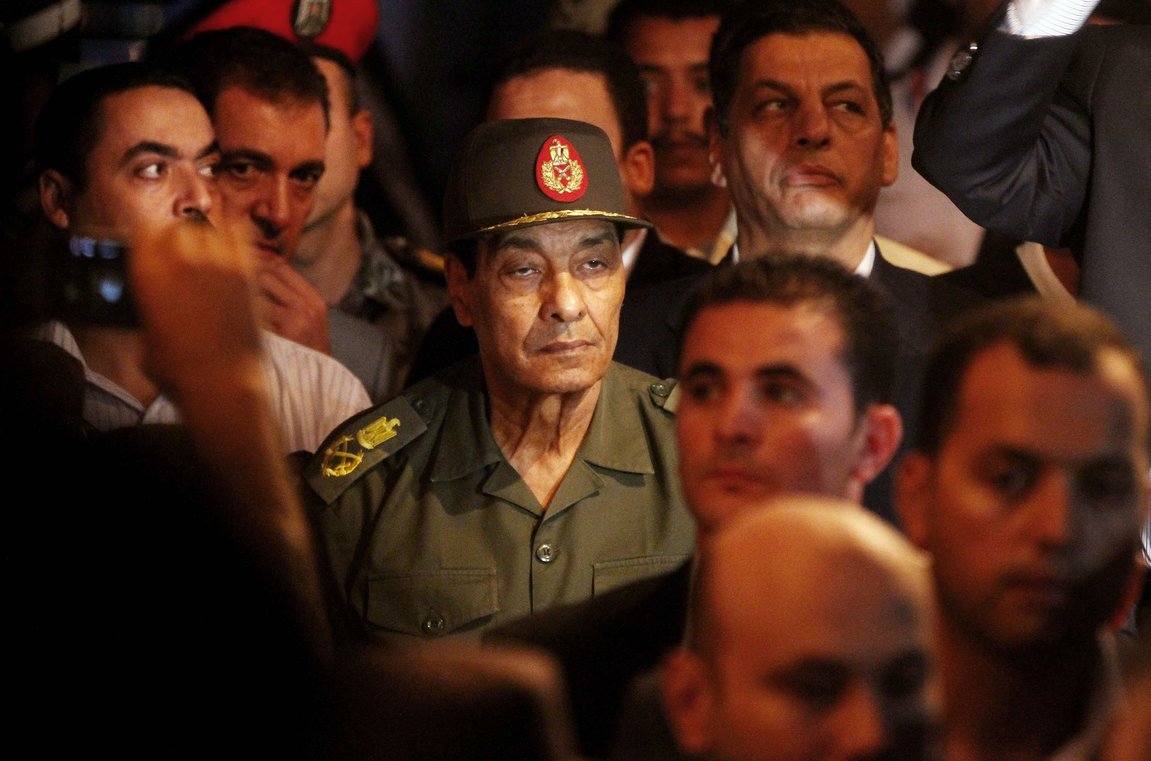NEW DELHI: A recent court ruling has revealed India’s strengths and limitations as it grapples with its transformation from a land handcuffed to history — ever since the Partition of 1947, which carved Pakistan out of its stooped shoulders — into a modern global giant.
The High Court of India’s most populous state, Uttar Pradesh, finally decided a 61-year-old suit over possession of a disputed site in the temple city of Ayodhya, where, in 1992, a howling mob of Hindu extremists tore down the Babri Masjid mosque. The mosque was built in the 1520s by India’s first Mogul emperor, Babur, on a site traditionally believed to have been the birthplace of the Hindu god-king Ram, the hero of the 3,000-year-old epic, the Ramayana. The Hindu zealots who destroyed the mosque vowed to replace it with a temple to Ram, thereby avenging 500 years of history.
India is a land where history, myth, and legend often overlap; sometimes Indians cannot tell the difference. Many Hindus claim that the Babri Masjid stood on the precise spot of Ram’s birth and had been placed there by Babur to remind a conquered people of their subjugation. But many historians — most of them Hindu — argue that there is no proof that Ram ever existed in human form, let alone that he was born where believers claim.
More to the point, they argue, there is no proof that Babur demolished a Ram temple to build his mosque. Thus, to destroy the mosque and replace it with a temple was not righting an old wrong but perpetrating a new one. The Archaeological Survey of India, however, reported the existence of ruins beneath the demolished mosque that might have belonged to an ancient temple. The dispute remained intractable, and dragged interminably through the courts.
To most Indian Muslims, the dispute is not about a specific mosque. The Babri Masjid had lain unused for a half-century before its destruction, as most of Ayodhya’s Muslims had emigrated to Pakistan after Partition. Rather, the issue was their place in Indian society.
For decades after independence, Indian governments guaranteed Muslims’ security in a secular state, permitting the retention of Islamic “personal law” separate from the country’s civil code and even subsidizing pilgrimages to Mecca. Three of India’s Presidents have been Muslim, as have been innumerable cabinet ministers, ambassadors, generals, and Supreme Court justices, not to mention cricket captains.
Indeed, until at least the mid-1990s, India’s Muslim population was greater than that of Pakistan (which has since pulled ahead, thanks to its soaring birthrate). For many years at the cusp of the new century, India’s richest man (the information-technology czar Azim Premji) was a Muslim. The destruction of the mosque thus felt like an utter betrayal of the compact that had sustained the Muslim community as a vital part of India’s pluralist democracy.
But the Hindus who attacked the mosque had little faith in the institutions of Indian democracy. They view the state as soft, pandering to minorities out of misplaced Westernized secularism. To them, an independent India, freed after nearly 1,000 years of alien rule (first Muslim, then British) and rid of a sizable portion of its Muslim population by Partition, is obliged to embody and assert the triumphant indigenous identity of the 82 percent of the population who consider themselves Hindu.
These zealots are not fundamentalists in any common sense of the term, since Hinduism is a religion without fundamentals: there is no Hindu pope, no Hindu Sabbath, no single Hindu holy book, and no such thing as a Hindu heresy. Hindu “fundamentalists” are, instead, chauvinists, whose religious faith is rooted not in any of Hinduism’s profound philosophical and spiritual underpinnings, but in its role as an alternative source of collective, if not “national,” identity. For them, Hinduism is a flag, not a doctrine.
Indeed, these extremists can hardly claim to espouse Hinduism, which stands out not only as an eclectic embodiment of tolerance, but also as the only major religion that does not claim to be the sole true one. All ways of worship, Hinduism asserts, are valid, and religion is an intensely personal matter related to the individual’s self-realization in relation to God. Such a faith understands that belief is a matter of hearts and minds, not of bricks and stone. The true Hindu seeks no revenge upon history, for he understands that history is its own revenge.
The court judgment gives two-thirds of the disputed site to two Hindu organizations, and one-third to Muslims, which suggests a solution that might permit the construction of both a mosque and a temple on the same site. The court’s decision thus is an affirmation of Indian pluralism and of the rule of law.
What the court has done is to craft a solution that no political process could have arrived at independently, but which takes the dispute off the streets. Otherwise, the violence would continue, spawning new hostages to history – and ensuring that future generations would be taught new wrongs to set right.
The judgment is likely to be appealed to the Supreme Court by one side or the other. But it reminds the world that democratic India can overcome its most fundamental difficulties without violence or revolution. In so doing, it is clear that India is ready to leave behind the problems of the sixteenth century as it takes its place in the twenty-first.
Shashi Tharoor, a former Indian Minister of State for External Affairs and UN Under- Secretary General, is a member of India’s parliament and the author of several books, most recently Nehru: the Invention of India (in German). This commentary is published by Daily News Egypt in collaboration with Project Syndicate, www.project-syndicate.org.

